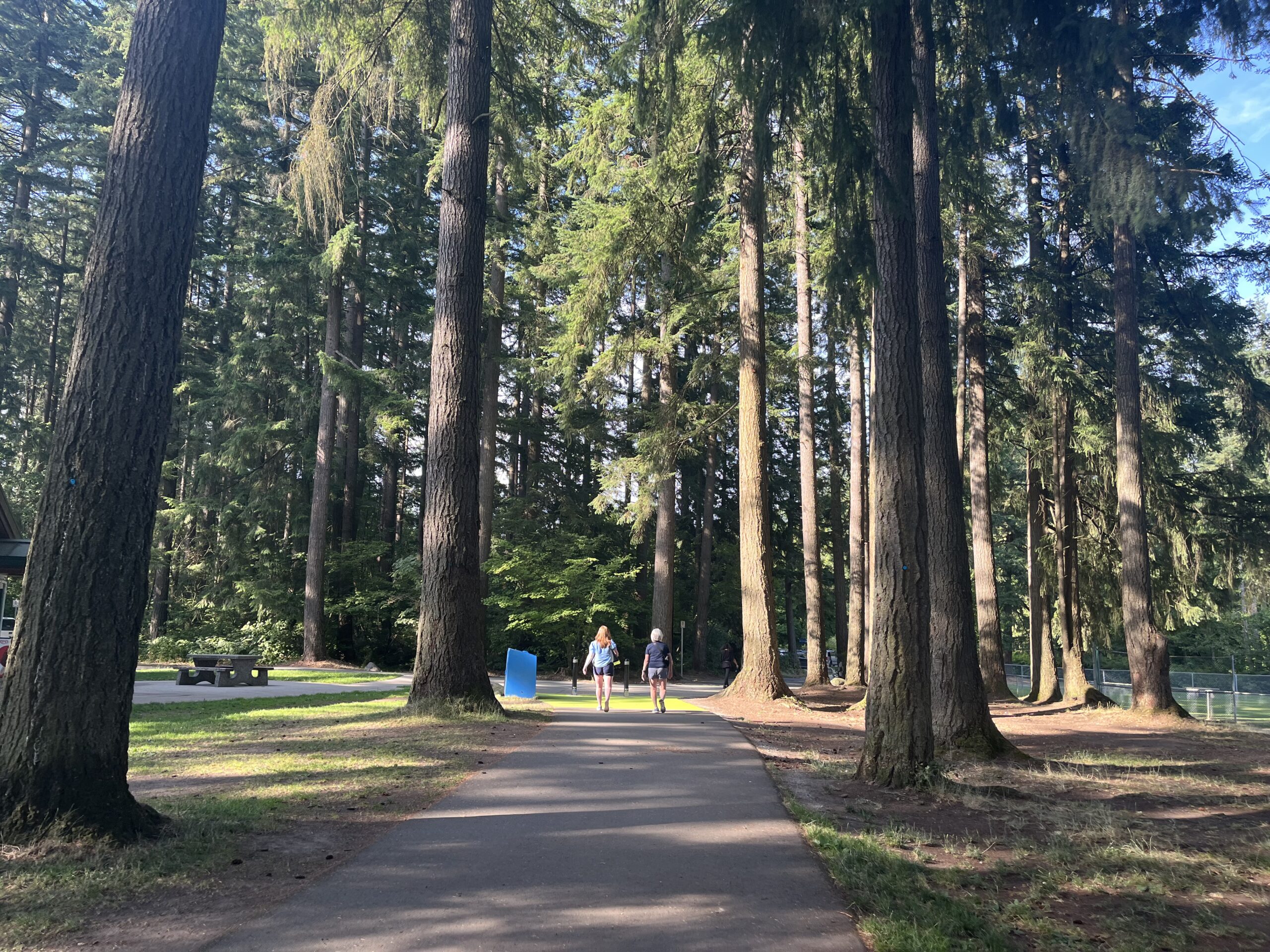Vancouver has long been recognized as a global leader in environmental sustainability. As climate change intensifies, the city’s progressive climate policies increasingly shape not only its environmental future but also the landscape of real estate development. These policies—ranging from strict green building standards to ambitious emissions reduction targets—are influencing how new homes and buildings are designed, built, and sold. In this article, we explore the core climate policies affecting Vancouver’s real estate market, how they impact developers and homeowners, and what buyers need to know as the city transitions toward a low-carbon future.
Vancouver’s Commitment to Climate Action
Vancouver’s climate strategy is encapsulated in its Climate Emergency Action Plan (CEAP) and the broader Greenest City Action Plan, which collectively aim to make the city carbon neutral by 2050. Key pillars of these policies include:
- Reducing greenhouse gas (GHG) emissions by 50% by 2030 (compared to 2007 levels).
- Encouraging energy-efficient building designs.
- Promoting low-carbon transportation and walkable neighborhoods.
- Increasing use of renewable energy sources in construction and homes.
These targets are ambitious, requiring systemic changes in urban planning, construction, and energy use. Real estate development is a key sector under transformation because buildings contribute nearly 50% of Vancouver’s emissions.
Green Building Standards and Regulations
Vancouver has implemented rigorous green building codes and incentives to encourage developers to construct more energy-efficient, environmentally friendly buildings. Some key initiatives include:
1. Step Code
The BC Energy Step Code is a provincial standard adopted in Vancouver that requires new buildings to meet increasingly strict energy efficiency standards in stages (“steps”). By 2032, all new buildings must be “net zero energy ready,” meaning they produce as much energy as they consume over the year.
- Impact on Development:
Developers must invest in better insulation, energy-efficient windows, heat recovery ventilation, and often renewable energy systems like solar panels. This raises upfront construction costs but reduces long-term energy expenses for homeowners and tenants.
Read more: The Rise of Co-Living Spaces in Vancouver: Pros and Cons
2. Zero Emission Building Plan
The city is working toward all new buildings being zero-emission by 2030, meaning they emit no greenhouse gases from heating, cooling, or hot water systems. This requires switching from natural gas to electric heating solutions and integrating renewable energy.
- Impact on Homebuyers:
Buyers can expect higher-quality homes with improved indoor air quality and lower utility bills. However, home prices may reflect these higher construction costs.
3. Green Building Incentives
To encourage developers to exceed minimum standards, Vancouver offers incentives such as reduced development cost charges (DCCs) and fast-tracked permitting for projects that achieve LEED certification or other green standards.
Read more: The Role of Technology in Vancouver Real Estate: Virtual Tours and Smart Homes
Effects on Housing Supply and Affordability
While these policies support environmental goals, they also affect housing availability and prices.
- Increased Construction Costs:
Meeting higher energy efficiency and zero-emission standards often increases upfront costs by 5-15%, which can translate to higher home prices. - Impact on Supply:
Some developers have voiced concerns that stringent regulations could slow the pace of new construction, contributing to Vancouver’s already tight housing supply. - Long-Term Savings and Resale Value:
Energy-efficient homes typically have lower operating costs, making them attractive to cost-conscious buyers. They may also retain or increase value as green features become more desirable.
Neighborhoods and Urban Planning: The Role of Climate Policies
Climate policies encourage transit-oriented development (TOD) and walkable neighborhoods, reducing reliance on cars and promoting sustainable lifestyles. Vancouver’s plans focus on increasing density near rapid transit corridors like the SkyTrain and Broadway Subway extension.
- Urban Intensification:
This means more mid-rise and high-rise residential buildings in key neighborhoods, designed to meet green building codes. - Suburban Impact:
While suburban areas may see slower growth, developers are encouraged to incorporate green standards in single-family and townhome projects.
What This Means for Homebuyers and Investors
- Higher Quality, More Efficient Homes:
Expect better insulation, ventilation, and heating systems in new builds. - Possibility of Higher Upfront Costs:
Green homes can be more expensive initially, but lower energy bills may offset this over time. - Growing Demand for Green Homes:
As environmental awareness increases, homes that meet climate standards may sell faster and at premium prices. - Potential Incentives:
First-time buyers and investors should research available rebates and incentives for energy-efficient homes.
FAQs
How is Vancouver being affected by climate change?
Vancouver faces increasing risks from climate change, including rising sea levels, more frequent heatwaves, and increased flooding. These impacts are motivating local governments and residents to adopt policies that mitigate risks and promote resilience.
Is Vancouver’s real estate market cooling down?
While Vancouver’s market has experienced some cooling due to interest rate hikes and affordability challenges, demand remains strong, especially for energy-efficient homes that align with climate goals.
How does the climate affect housing in Canada?
Climate influences building design, heating needs, and insurance costs across Canada. Regions with colder climates require energy-efficient heating, while coastal areas like Vancouver must consider flood risks and sustainability.
What is the climate action framework in Vancouver?
Vancouver’s Climate Emergency Action Plan outlines targets to reduce greenhouse gas emissions, improve energy efficiency, and promote sustainable development, with real estate playing a critical role in achieving these goals.
Conclusion
Vancouver’s climate policies are reshaping real estate development in profound ways. While they present challenges such as higher construction costs and potential supply constraints, these measures ultimately foster a healthier, more sustainable city with homes built to last in a changing climate. Buyers and investors who understand these trends can make smarter choices and potentially benefit from the growing demand for green living spaces.
My name is Jay, a longtime Metro Vancouverite sharing local real estate tips and my own photos of the city’s homes and neighbourhoods here on Vancouver Home Hub. Hope you find my blog useful! Feel free to reach out anytime at vancouverhomehub@gmail.com if you have questions.


Leave a Reply